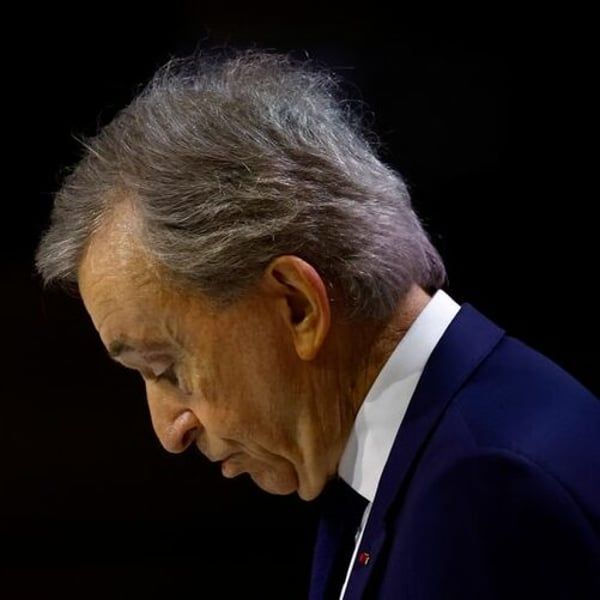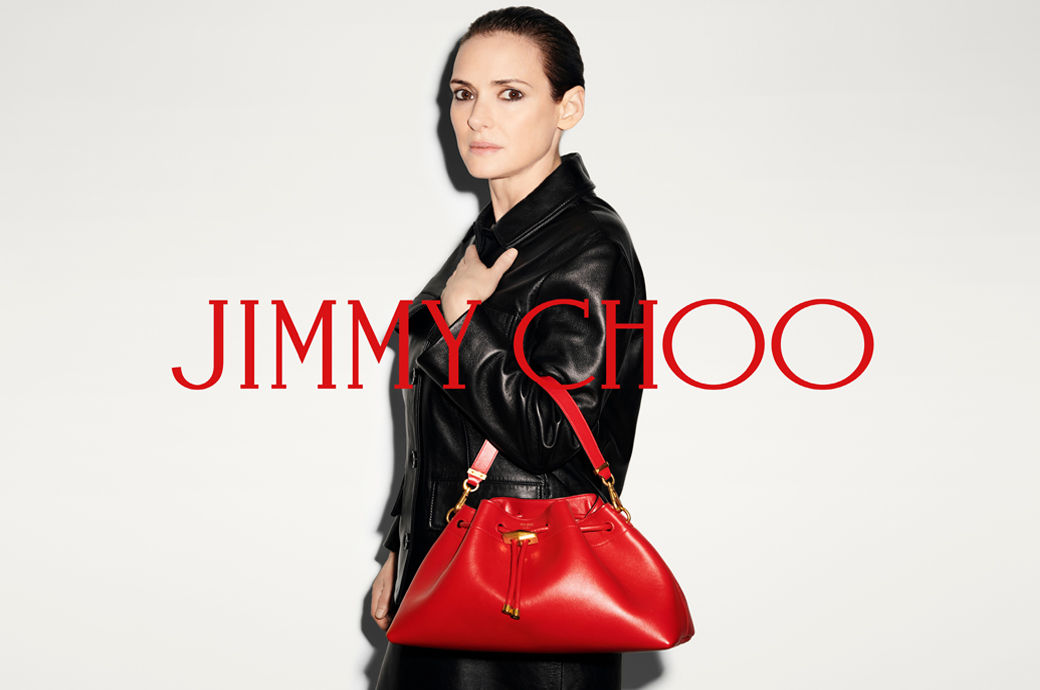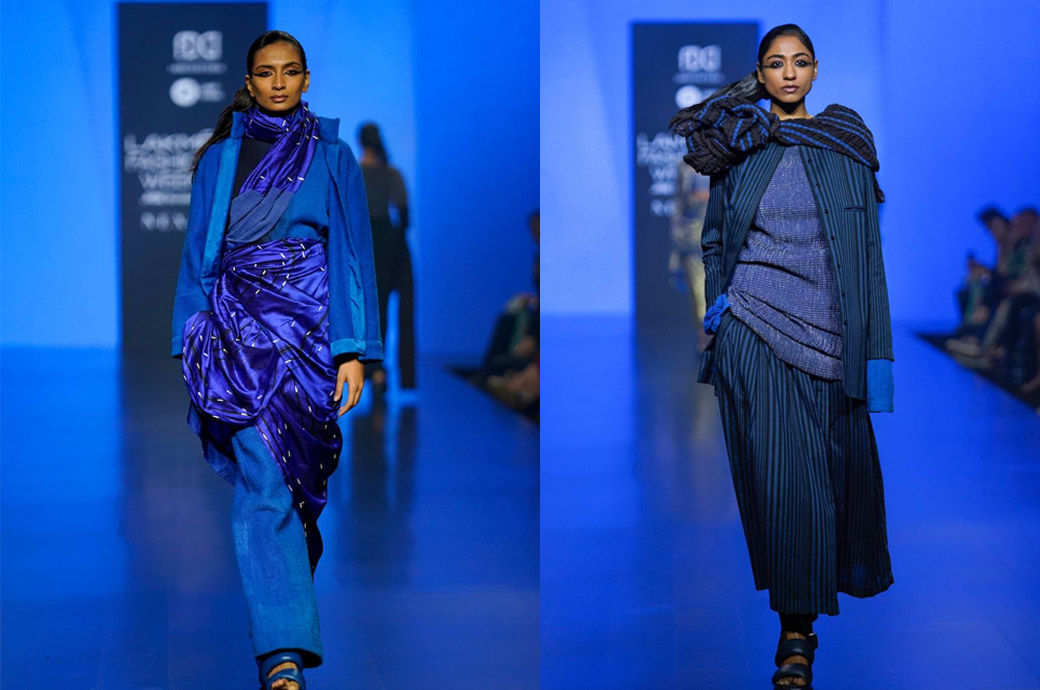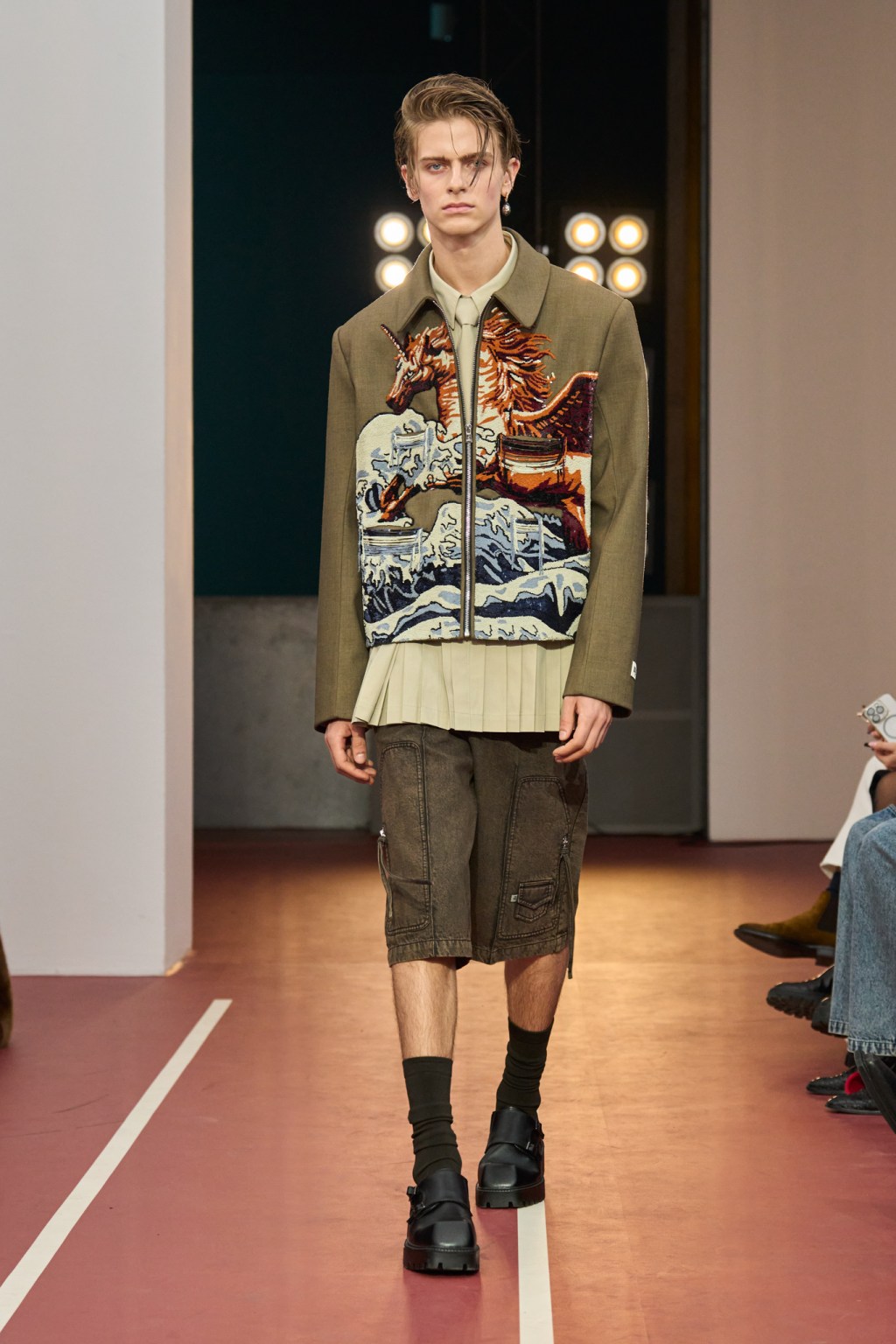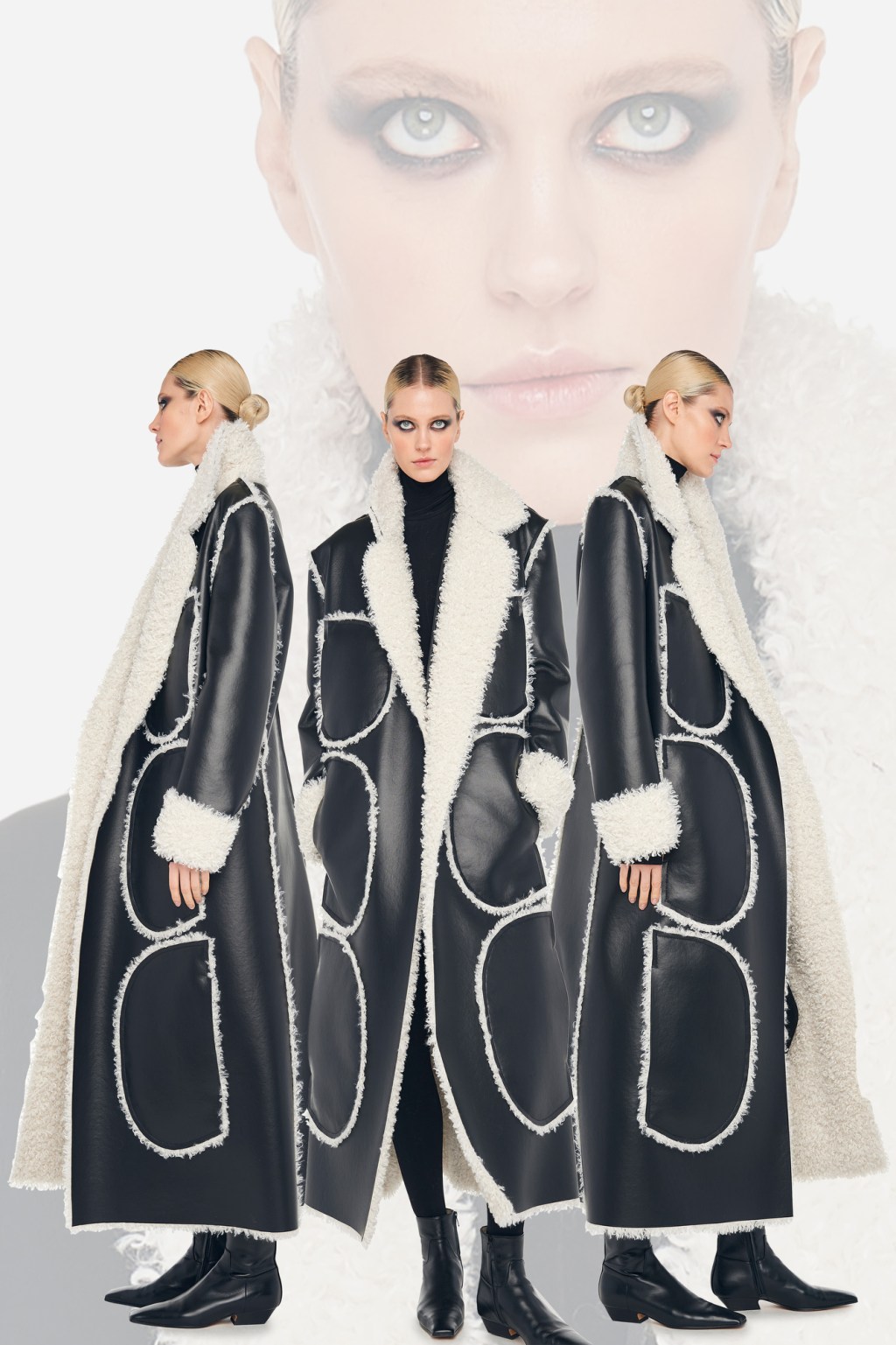By
Bloomberg
Published
December 29, 2024
For France's biggest billionaires, 2024 was a year to forget as their combined fortunes plummeted by a record amount due to weak demand for luxury goods and political instability.
Bernard Arnault, Françoise Bettencourt Meyers and François Pinault, who are among the world's richest, suffered the loss of about $70 billion of their collective wealth this year, according to the Bloomberg Billionaires Index. The industry giants they control – LVMH, L'Oréal SA and Kering SA – are some of the biggest losers on the French stock market, with the owner of Gucci losing 41% of its value.
The trio has seen its wealth hit by a sell-off in luxury goods and personal care companies. Chinese shoppers have reduced spending on purchases ranging from leather goods to designer dresses and skin care, while companies such as Kering's Gucci brand are grappling with new management and strategy. Volatile French politics – including the collapse of Michel Barnier's government this month – have also sapped investor appetite for the country's assets.
“The Chinese consumer was supposed to be the growth engine of 2024, but that didn't materialize,” said Ariane Hayate, a fund manager at Edmond de Rothschild Asset Management. “There has also been luxury fatigue after three years of extraordinary growth as revenge spending faded.”
Sales of luxury goods and cosmetics soared during the pandemic era, as consumers spent money on high-end brands with cash reserves built up during lockdown restrictions. That dynamic helped propel LVMH founder Arnault to the No. 1 spot on Bloomberg's wealth rankings. He is now ranked fifth and has so far lost more ($31 billion) than anyone else among the world's 500 richest people. As for L'Oreal heiress Bettencourt Meyers, she was long the richest woman in the world and last year became the first woman to have a fortune of $100 billion. Now he has lost both crowns.
“In the case of luxury, it's really coming back to reality,” said Kevin Thozet, a member of Carmignac's investment committee in Paris. “What has been happening since 2023 is a normalization.”
Pinault, 88, who founded the company that evolved into Kering, also saw his fortune take a big hit, falling 64% to $22 billion from a peak in August 2021. It was the biggest drop percentage of anyone still on the Bloomberg Wealth Index during that period and is largely due to problems at its biggest fashion brand, Gucci.
The decline in Pinault's wealth came while Kering was under the watch of his son, Francois-Henri Pinault, 62, who focused the empire on luxury from a hodgepodge of retail assets. However, during his tenure, Kering has remained heavily reliant on Gucci, whose success has waxed and waned. The Pinault clan owns a 42% stake and 59% of voting rights in Paris-based Kering, whose shares plunged following a series of profit warnings.
It has been a fall from grace for European luxury stocks, which just two years ago were seen as the continent's alternative growth stocks to Wall Street's “Magnificent Seven” cohort of tech mega-caps.
However, the slowdown has not affected all luxury brands equally. Hermes' sales rose during the third quarter due to its product positioning aimed at wealthier customers, whose spending tends to be more resilient than that of less wealthy customers.
Saxo Banque France's list of winners and losers in 2024 included both Hermes shares, up about 18% so far this year, and Kering.
Andrea Tueni, head of sales at Saxo Banque France, said Hermes' high margins are backed by the excellence and rarity of its products, while demand for Gucci's offerings has waned and recent management changes have not yet borne fruit.
However, as the year draws to a close, glimmers of optimism are beginning to emerge about the broader sector, with investors looking to position themselves for a potential recovery.
Sales in China are not deteriorating further and have been reviving in the US, according to analysts at HSBC Holdings Plc, who rated this year's third quarter as the worst.
“To be frank, we have FOMO,” HSBC analysts, including Erwan Rambourg, said in a recent note to investors. “We are convinced that sales in China are not getting worse and that sales in the US after the elections have been improving. These are the two groups that count.”
Amundi SA just announced the launch of a new exchange-traded fund, or ETF, for luxury stocks, citing long-term growth prospects, including the expansion of the middle class in emerging markets, the attractiveness of some brands and the growing demand for high-end products. products.
The possibility that the worst is over for the sector has spurred a strengthening in some luxury and beauty stocks since early December. The Stoxx 600 Europe 600 index of consumer products and services is up about 5% this month and is on track for its best performance since February.
“Technology took advantage of luxury this year, but luxury may return later in 2025,” said Hayate de Rothschild. “I can foresee a recovery in the sector from the second half of 2025.”

